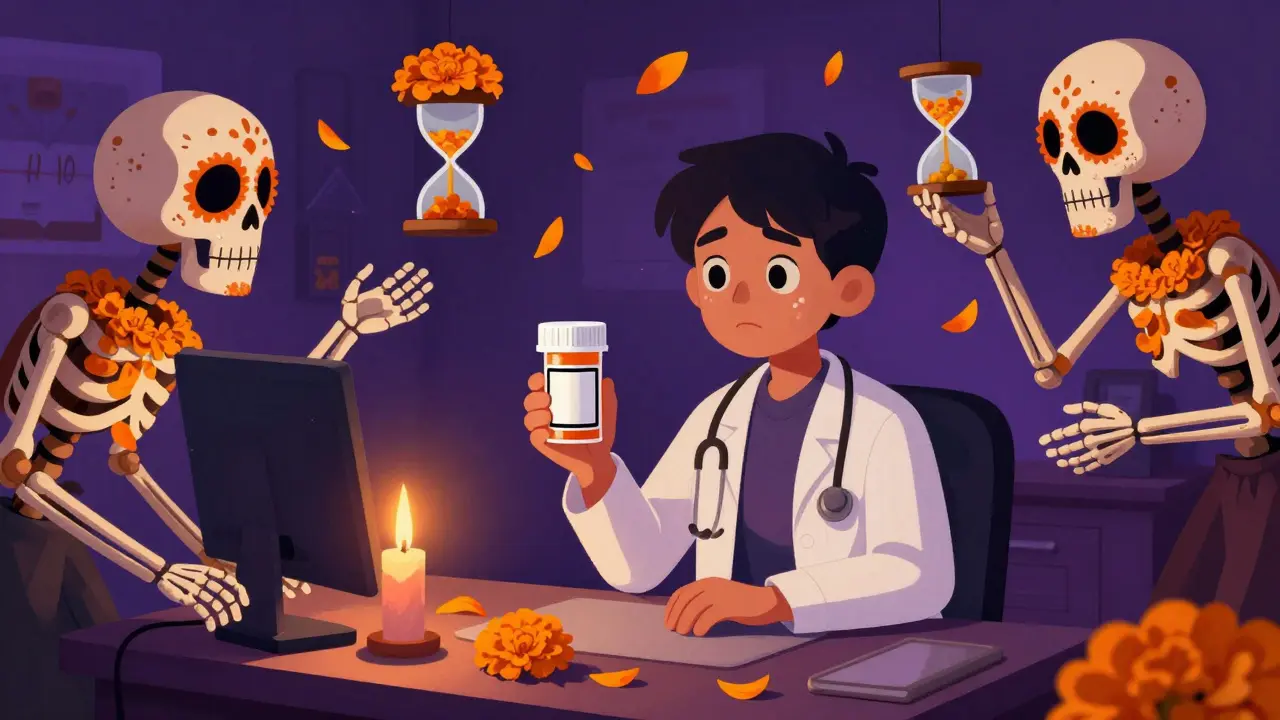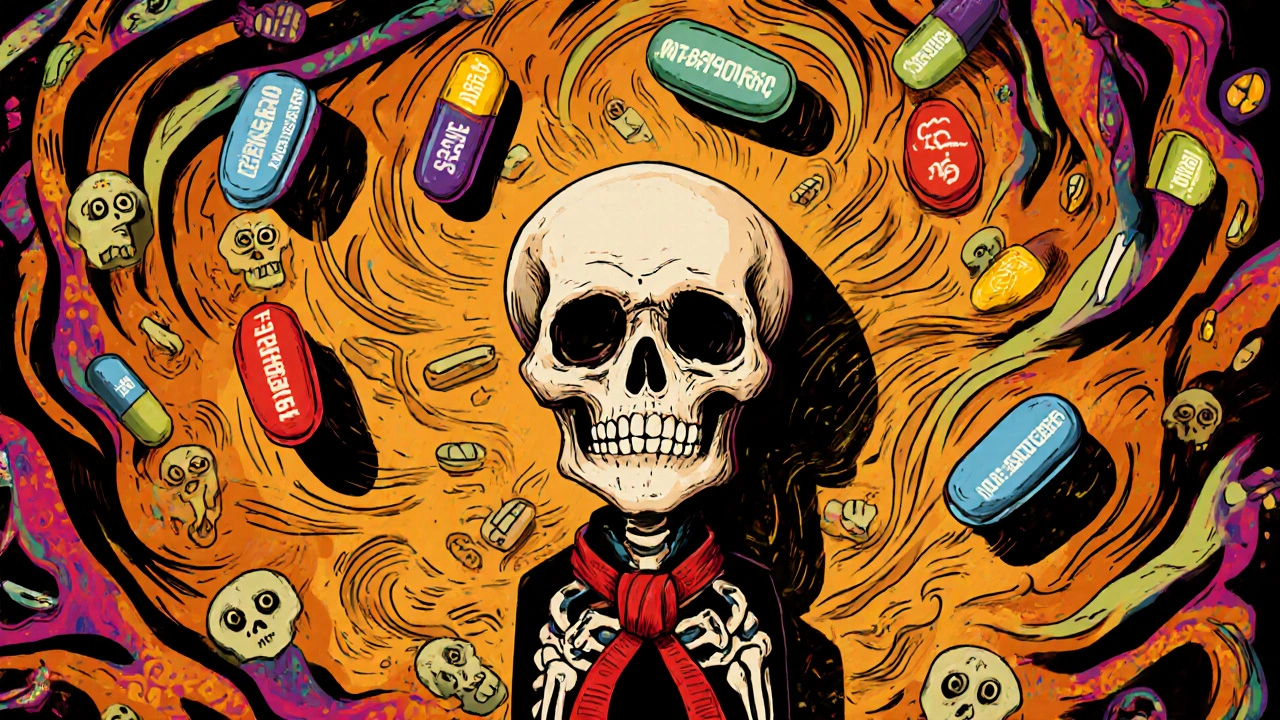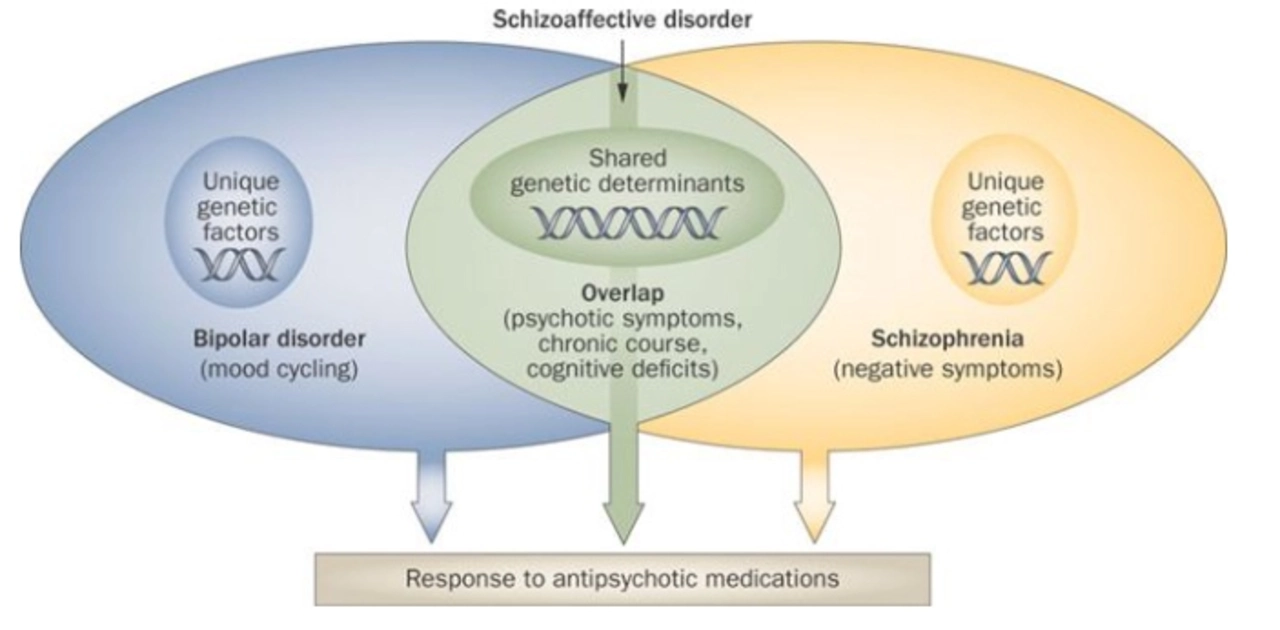Feeling overwhelmed by the flood of information about mental health? You’re not alone. On this page we break down the basics you need right now—what conditions are common, which medicines actually help, and when it’s time to talk to a doctor.
First off, let’s name the most frequent issues people face. Depression shows up as persistent sadness, low energy, and loss of interest in things you used to love. Anxiety often feels like nonstop worry, racing thoughts, or a tight chest that won’t quit.
Then there are psychotic disorders such as schizophrenia or psychotic depression. These bring hallucinations, delusions, or severe mood swings that can make daily life feel impossible. Knowing the symptoms helps you spot when professional help is needed.
Medication isn’t a magic fix, but it can be a game‑changer for many. Antidepressants like SSRIs lift brain chemistry to ease low mood. Anti‑anxiety pills calm the nervous system and reduce panic attacks. For psychotic conditions, antipsychotics are the mainstay.
Take Clozapine as an example. It’s an atypical antipsychotic that doctors turn to when other drugs fail for psychotic depression. Clozapine tackles both the depressive slump and the psychotic symptoms, giving many patients a chance at a steadier life. The catch? You need regular blood tests because of rare but serious side effects.
So how do you decide if medication is right for you? Start by talking to a healthcare professional about your exact symptoms. They’ll weigh benefits against risks, consider other treatments like therapy, and set up monitoring if a drug like Clozapine is prescribed.
Beyond pills, lifestyle tweaks matter too. Regular sleep, balanced meals, and gentle exercise can boost the effect of any medication you’re on. Think of them as supporting actors that help the main star—your prescription—perform better.
If you’re reading this because a loved one is struggling, remember: staying informed empowers you to ask the right questions. Ask about dosage, side‑effects, and what to watch for in daily life. Keep a notebook of any changes; it makes follow‑up appointments more productive.
Bottom line? Mental health care is a mix of understanding conditions, choosing the appropriate medicine, and adding everyday habits that support recovery. This page will keep you updated with clear, practical info—no jargon, just what matters.

The FDA's black box warning on antidepressants warns of increased suicidal thoughts in young people - but the real danger may be avoiding treatment altogether. Here's what the data really shows.

Bipolar depression and unipolar depression look alike but require completely different treatments. Misdiagnosis can lead to dangerous side effects. Learn how to tell them apart and what treatments actually work.

Learn how to manage panic attacks with proven breathing, grounding, and medication strategies. This action plan helps reduce frequency, shorten episodes, and regain control during panic moments.

Partial onset seizures don't just affect the body-they deeply impact mental health, often leading to depression and anxiety. Learn how brain changes, medication side effects, and social stigma shape emotional well-being-and what actually helps.

Psychiatric polypharmacy-taking multiple mental health medications at once-is common but often unsupported by evidence. Learn why it happens, the risks involved, and how to safely reduce unnecessary drugs without losing stability.

Anxiety disorders affect nearly 1 in 5 adults and include types like GAD, panic disorder, and social anxiety. Evidence-based treatments like CBT and SSRIs are highly effective, with new options like digital apps and zuranolone emerging in 2023.

As a blogger, I've recently come across the topic of the role of Clozapine in the management of psychotic depression. Clozapine, an atypical antipsychotic medication, is used to treat severe cases of this mental health disorder when other treatments have failed. Its unique properties help in alleviating both psychotic symptoms and depressive episodes. However, it's essential to be aware of the potential side effects and monitor blood levels closely while administering this medication. In conclusion, Clozapine plays a crucial role in managing psychotic depression, improving the quality of life for those who suffer from this challenging condition.
Explore how lurasidone impacts cognition in schizophrenia and bipolar disorder, reviewing clinical trials, mechanisms, and practical guidance for clinicians.
I recently came across the topic of osteodystrophy and its effects on dental health, which I found quite intriguing. Osteodystrophy is a condition that affects bone metabolism and can have a significant impact on our teeth and gums. It is important for us to understand the link between these two aspects of our health, as it can help us take better care of our oral hygiene. In my research, I discovered that proper dental care and regular check-ups are crucial in managing this condition. I'll be sharing more information on this topic in my upcoming blog post, so stay tuned!
Actinic keratoses are precancerous skin patches caused by sun damage. Learn how field treatments like topical creams and photodynamic therapy can prevent them from turning into skin cancer.
Caffeine and ADHD medications like Adderall can seem like a helpful combo, but they carry serious risks including anxiety, heart strain, and crashes. Learn how to safely manage this interaction-or avoid it altogether.
Want cheap generic Synthroid online in Canada? See safe pharmacy checks, 2025 pricing, ways to save, legal rules, and quick steps to order without risking your thyroid health.